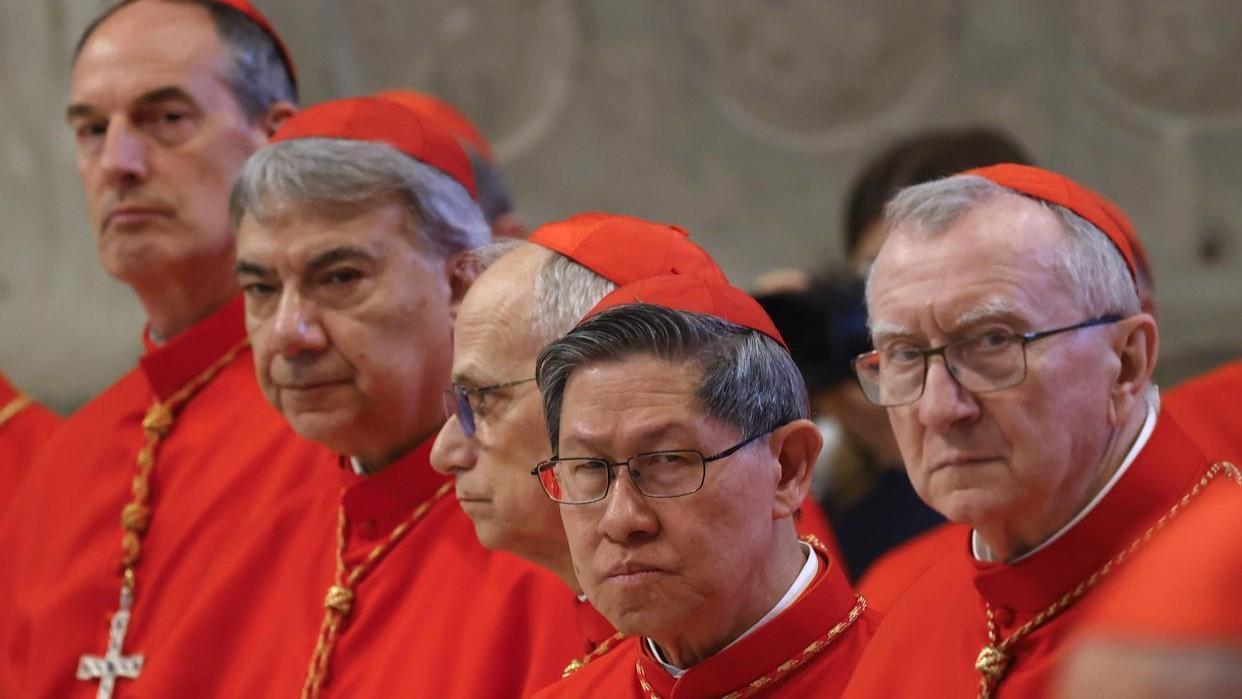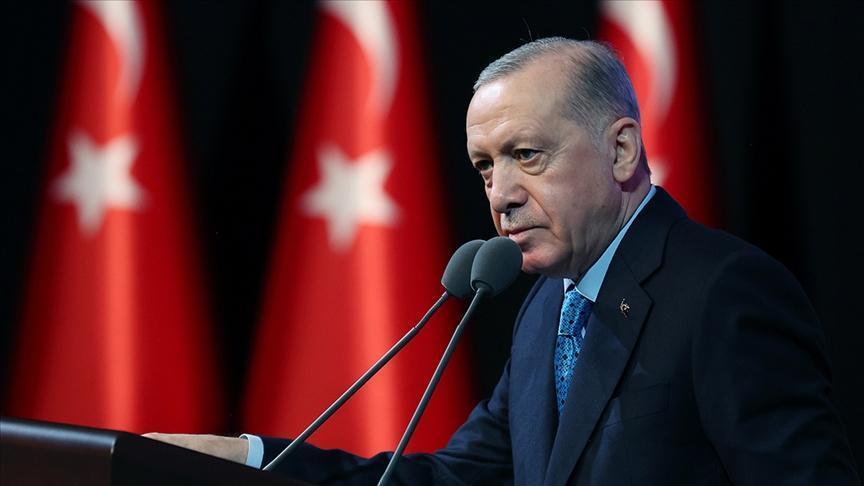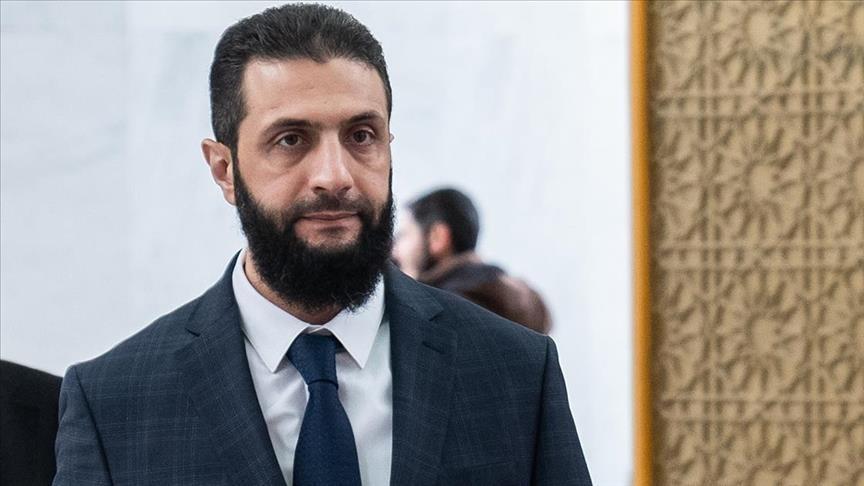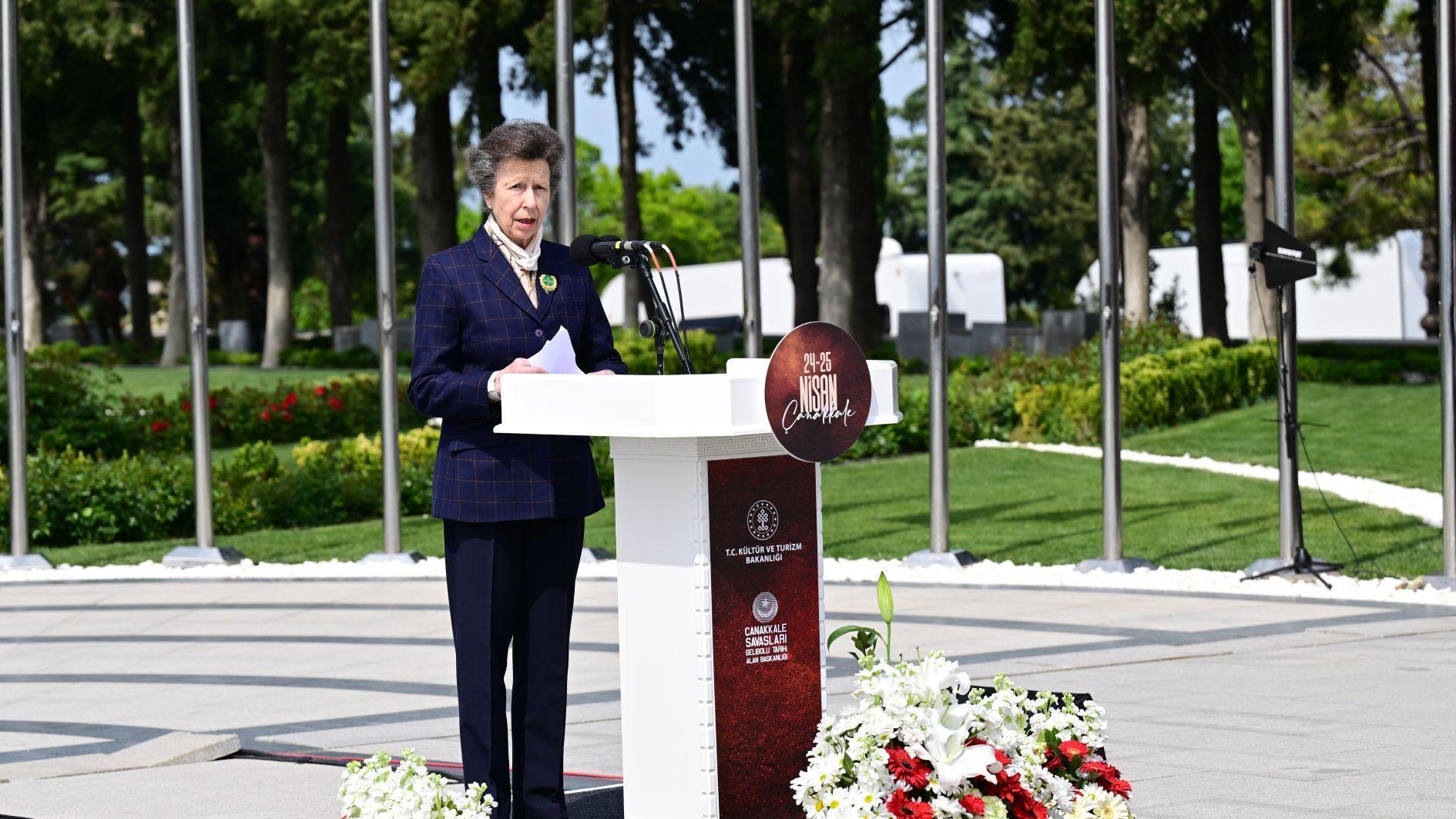Get religion advisors, Prime Minister Erdoğan
PINAR K. TREMBLAY
Moving to the U.S. was not that difficult for me. Except for one challenge: American football and baseball. My dear all-American husband has tried his best for over a decade to teach me the rules of baseball and football. My students and 8 year old son have tried as well. It was me guys, not you. But now, I am a convert. I mean a football fan, well more a Tim Tebow fan really. Tebow is a quarterback of NY Jets in the NFL. He is the reason my son was singing a popular congregational song “awesome God” as they were watching a game. Tebow is not shy of praying on the field. Religion can be alluring.As a scholar of international relations who focuses on religion, I argue that religion matters. But it was indeed former secretary of state Ms. Madeleine Albright who suggested the U.S. secretary of State needed to have religion advisors.
Ms. Albright explained in her book “Mighty and Almighty” how important it is for U.S. diplomats to be trained about the religions of the countries to which they are sent. Similarly, Josef Stalin advised his ambassador Andrei Gromyko to attend a different church service while serving in the U.S. Stalin, whose religiosity we will not question here, was surely not trying to convert his diplomat into a different church, neither did Ms. Albright need “preaching.” Here, what is meant by religious information is insight into the thinking and operational maps of different cultures. Whether we like it or not, religion matters in decision-making processes.
I strongly believe Prime Minister Erdoğan needs religion advisors. Let me clarify. I am worried from the other side of the ocean reading rather shallow op-eds by prominent pundits. Hoping the classified information reaching the decision-makers is better than that, I would still like to discuss the matter. For example, the way Syria is analyzed is alarming to me. I hear Prime Minister Erdoğan repeat the belief or hope that the situation in Syria is not about religious or ethnic divisions. I read well-respected pundit’s op-eds analyzing Syria. You are getting it wrong guys. When you claim Syrian-Iranian relations of today are similar to late 1990s Israeli-Turkish relations, I get scared and worried. I view with trepidation comparisons of 1990s Israeli-Turkish relations to Iranian-Syrian relations of the last three decades. I get worried every time I read that Syrian-Iranian relations are of convenience. This sentence has to be refuted by the very honest question: Which relationship in the Near East is not out of convenience? It is not just about sharing the same religious values in the region; it is about how these values translate into political capital or debt. The Syrian civil war has generated a process in which Syria has evolved from an actor to an arena where power is up for grabs. The Syrian civil war has decapitated Syrian sovereignty. If you fail to read the Iranian perspective, how can you survive Syria?
Dear Mr. Erdoğan, if you are going to continue riding the tide of respect you have earned in the Middle East, you will have to first update your intelligence services. Second, and much connected to this, your inner circle has to be well connected to your intelligence analysts, and they have to know the depth of relations between the neighbors. Just to give you a very simple example, anyone who fails to explain the significance of the Sayyida Zaynap Shrine in the organization of Hezbollah al-Hejaz should not be providing analysis about the breaking points of Syrian-Iranian relations. You deserve better. The situation in Syria will produce a hefty bill for Turkey unless Turkey gets creative about its medium-term planning immediately. This cannot be done without adequate information. Your religion advisors need not be religious, although that would not hurt either, but they should know the intricacies of different colors and particularly the different shades green in the region. To survive, the Middle Eastern waves of social change can be recaptured by Lempadusa’s dictum in the Leopard, “everything must change so that everything can stay the same.”
*Pınar K. Tremblay is from Department of Political Science at UCLA.











